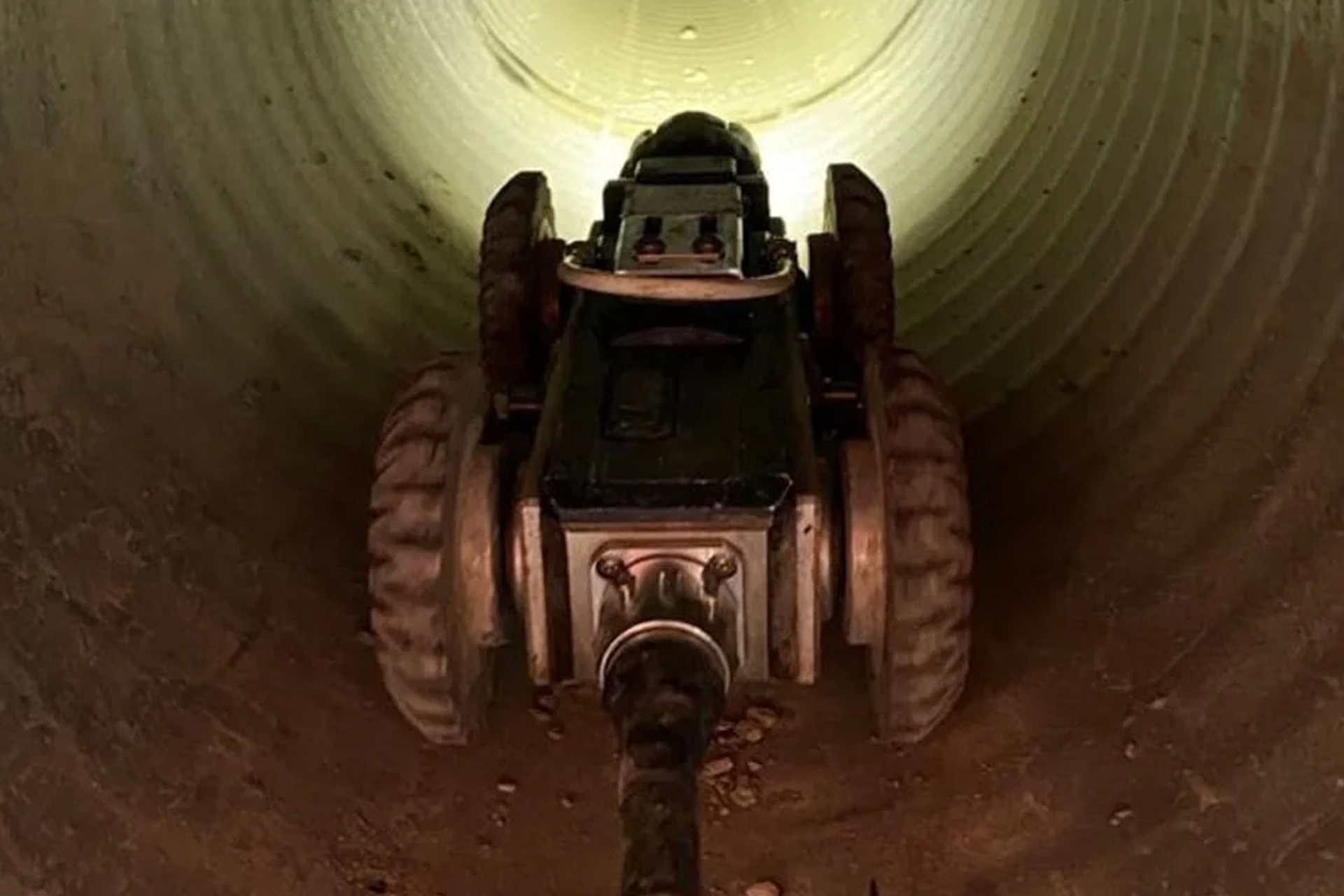Facts About Reclaim Waste Revealed
Facts About Reclaim Waste Revealed
Blog Article
The Definitive Guide for Reclaim Waste
Table of ContentsThe Best Guide To Reclaim WasteHow Reclaim Waste can Save You Time, Stress, and Money.Reclaim Waste Things To Know Before You Get ThisThe Basic Principles Of Reclaim Waste Reclaim Waste for Dummies
Discover the kinds, incidents, and types of fluid waste. Domestic sewage waste describes the waste and products from a domestic septic system. This kind of waste is created by human beings in homes, schools, and various other buildings. This only consists of septic systems that have a drainpipe field. The proper administration and disposal of domestic sewer waste require liquid waste to be moved to a sewer treatment plant where the correct techniques and equipment are applied to purify and get rid of waste.
Industrial waste usually includes prospective hazards, such as flammable materials or a combination of liquid and solid waste items, and requires an advanced and comprehensive disposal procedure. The disposal of commercial waste commonly includes the purification of waste prior to transportation to make certain safe and appropriate disposal. Hazardous waste is produced from by-products and drainage of commercial procedures and production.
This kind of waste can not utilize the exact same sewage administration transport or procedures as septic or industrial fluids. The commercial waste monitoring procedure needs the examination and screening of fluid waste prior to it undertakes the disposal procedure (industrial wastewater treatment). Drainage waste is the fluid waste that originates from runoff and excess stormwater in highly booming locations or cities
Drainage waste can create contamination and flooding otherwise taken care of properly. Discover more about sewer cleaning and waste monitoring. Guaranteeing appropriate waste administration can stop catastrophes and minimize environmental damage. Both individuals in property setups and experts in industrial or manufacturing sectors can profit from understanding the procedures and guidelines of liquid waste management.
Little Known Questions About Reclaim Waste.
Call PROS Solutions today to find out regarding our waste administration and disposal services and the correct ways to take care of the liquid waste you generate.
(http://www.askmap.net/location/7161699/australia/reclaim-waste)This supposed 'wastewater' is not only an essential resource but, after treatment, will certainly be released to our land, rivers or the ocean. Made use of water from bathrooms, showers, bathrooms, kitchen area sinks, washings and commercial procedures is like it known as wastewater.

water made use of to cool down machinery or tidy plant and equipment). Stormwater, a type of wastewater, is runoff that streams from farming and city areas such as roofs, parks, gardens, roadways, courses and gutters right into stormwater drains pipes, after rain. Stormwater moves without treatment straight to regional creeks or rivers, at some point reaching the ocean.
The Best Guide To Reclaim Waste
In Queensland, most wastewater is dealt with at sewage treatment plants. Wastewater is delivered from domestic or industrial sites with a system of drains and pump terminals, recognized as sewage reticulation, to a sewage treatment plant.
The Department of Natural Resources suggests city governments about handling, operating and maintaining sewerage systems and treatment plants. In unsewered areas, neighborhood federal governments may require householders to mount specific or family sewer treatment systems to treat residential wastewater from bathrooms, kitchens, restrooms and laundries. The Division of Natural Resources authorizes making use of home systems when they are verified to be efficient.
In some new subdivisions, therapy of some stormwater to remove trash, sand and gravel has started using gross toxin catches. Wastewater therapy takes place in four stages: Eliminates strong issue.
Utilizes little living organisms recognizes as micro-organisms to damage down and eliminate continuing to be liquified wastes and great fragments. Micro-organisms and wastes are integrated in the sludge.
Fascination About Reclaim Waste
Nutrient removal is not available at all sewer treatment plants due to the fact that it calls for costly specialist devices. Clear liquid effluent generated after therapy may still include disease-causing micro-organisms - liquid waste removal.

This usually means wastewater needs to be dealt with or contaminants removed before it can be discharged to rivers. The majority of wastewater moves right into the sewerage system. Under the Act, city governments carry out approvals and permits for ecologically relevant tasks (ERAs) entailing wastewater launches that might have a local influence. The division administers authorizations and permits to Ages involving wastewater releases that could have a regional or statewide effect.
Things about Reclaim Waste
Monitoring offers factual information about water quality and can confirm that licence conditions are being met. The information gotten via surveillance gives the basis for making water top quality choices.
Report this page